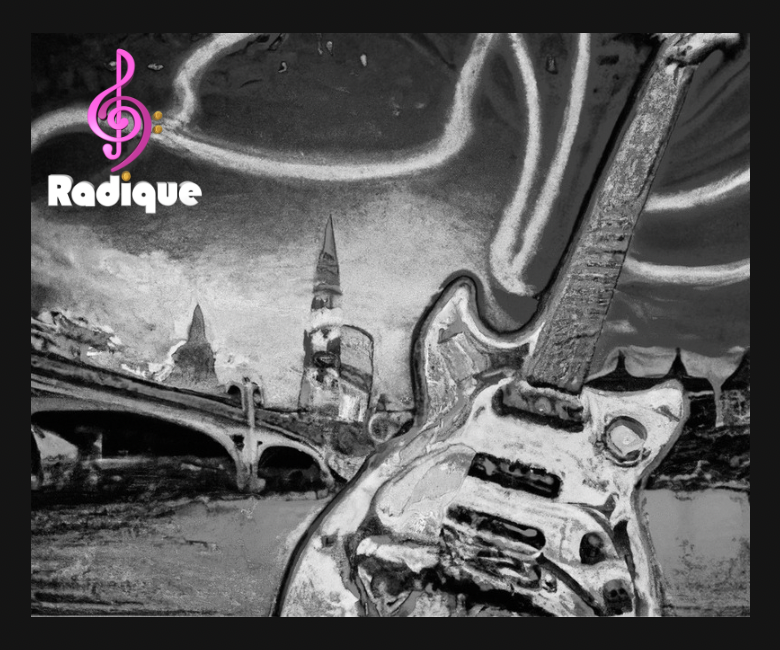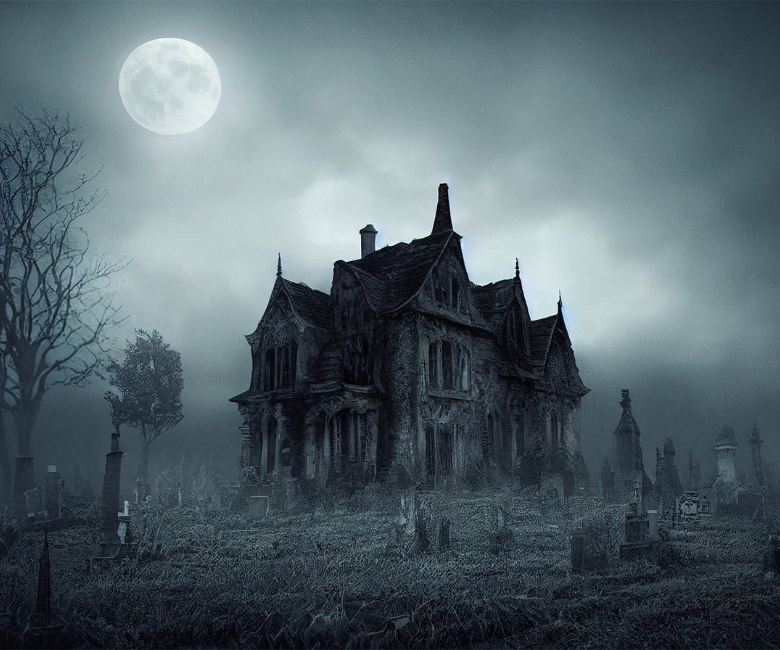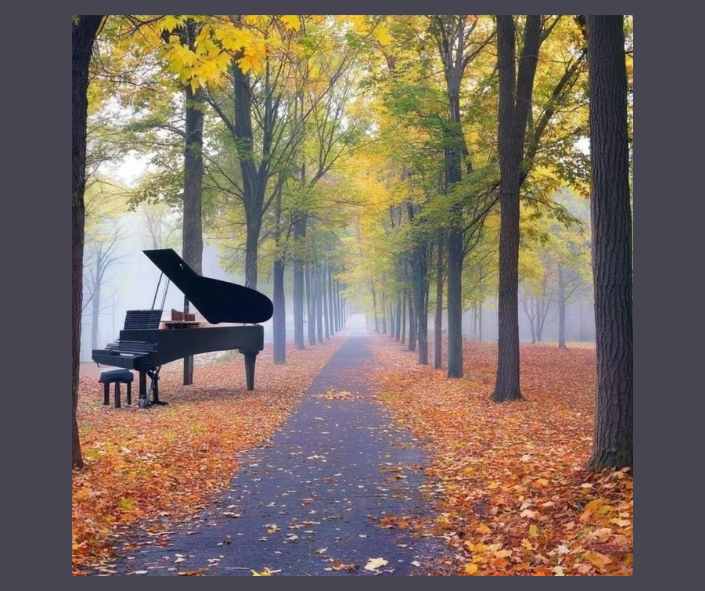I recently read a Facebook post by an Ontario-based classic rock station that was asking their followers to define classic rock. Most comments referred to a range of time and some to legendary concerts. Both ring true but more than these, classic rock is a genre of music that has stood the test of time. It’s not just a style of music; it’s a cultural phenomenon that has endured for decades. But what exactly defines classic rock? In this blog post, we’ll delve into the characteristics that make classic rock what it is and explore the enduring appeal of this genre.
The Era: The 1960s and 1970s
Classic rock is intrinsically linked to a specific time period: the late 1960s and the 1970s and, debatably, the early 1980’s. This era was a hotbed of musical creativity and experimentation. The genre emerged as a reaction to the turbulence of the times, with songs often carrying strong social and political messages. Iconic bands like The Rolling Stones, The Who, Led Zeppelin, and The Doors epitomized the classic rock sound and attitude.
Guitar-Driven Sound
One defining feature of classic rock is its guitar-driven sound. Electric guitars take center stage, and virtuoso guitarists like Jimi Hendrix and Eric Clapton became household names. The music is characterized by memorable riffs, powerful solos, and a bluesy, soulful feel. Distorted, powerful guitar tones are a hallmark of classic rock, giving it a raw, energetic edge.
Timeless Anthems
Classic rock is home to some of the most enduring anthems in music history. Songs like “Stairway to Heaven” by Led Zeppelin, “Bohemian Rhapsody” by Queen, and “Hotel California” by The Eagles are staples of the genre. These tracks have transcended generations and continue to be beloved by music enthusiasts of all ages. The timeless nature of classic rock lies in its ability to connect with people on a deep, emotional level.
Artistic Versatility
Classic rock is not a one-size-fits-all genre. It encompasses a wide range of musical styles and influences. From the bluesy rock of the Rolling Stones to the progressive rock of Pink Floyd, the genre is incredibly versatile. This diversity allows for a broad spectrum of sounds and lyrical themes, contributing to the genre’s enduring appeal.
Lyrical Depth
The lyrics of classic rock songs often carry a level of depth and storytelling that sets them apart. They tackle a wide range of topics, from love and rebellion to social commentary and introspection. Bob Dylan’s “Like a Rolling Stone” and The Who’s “My Generation” are prime examples of songs with meaningful, thought-provoking lyrics.
Live Performances
Classic rock is synonymous with legendary live performances. Bands like The Who, The Rolling Stones, and Queen are renowned for their electrifying concerts. The energy, showmanship, and connection with the audience in these live shows have become part of classic rock’s legacy.
Radio Play
Classic rock songs are often played on terrestrial and satellite radio stations specializing in this genre. These stations showcase the enduring popularity of these songs.
In summary, classic rock is more than just a genre; it’s a cultural touchstone that has defined generations. Its guitar-driven sound, timeless anthems, artistic versatility, lyrical depth, and unforgettable live performances make it a genre that continues to captivate audiences across the globe. As we look back on the music of the 1960s, 1970s and early 1980’s, classic rock stands out as a genre that will never fade away, continuing to inspire new generations of music lovers. So, turn up the volume, let the guitar solos soar, and immerse yourself in the timeless world of classic rock.
Looking for a classic vintage stereo receiver to enhance your classic rock listening experience? Check out this 1970’s Marantz we have on offer.
As always, Enjoy the Music!



